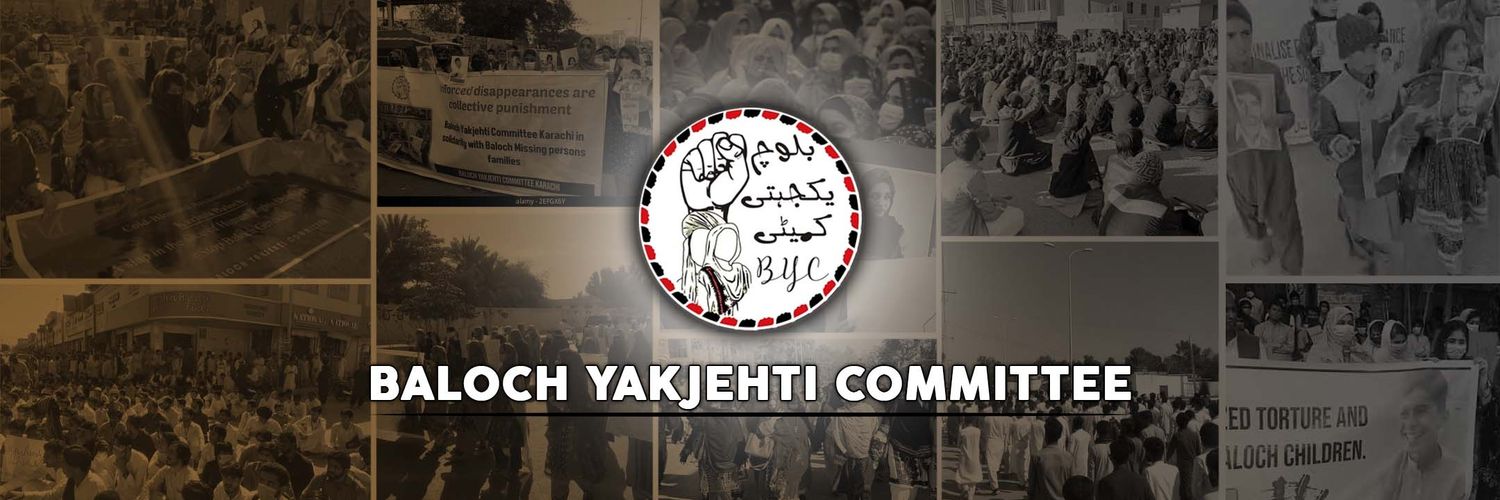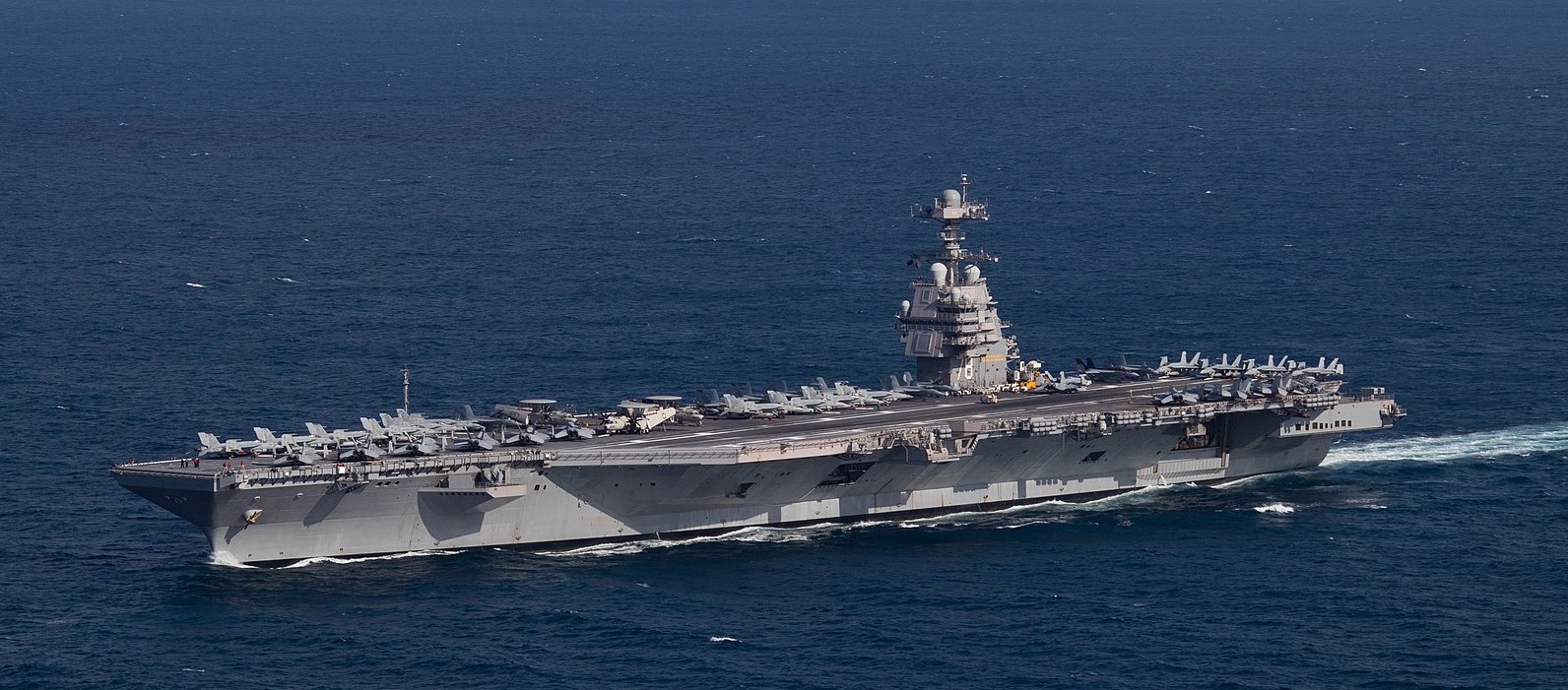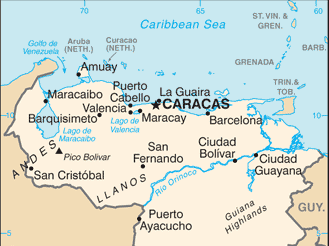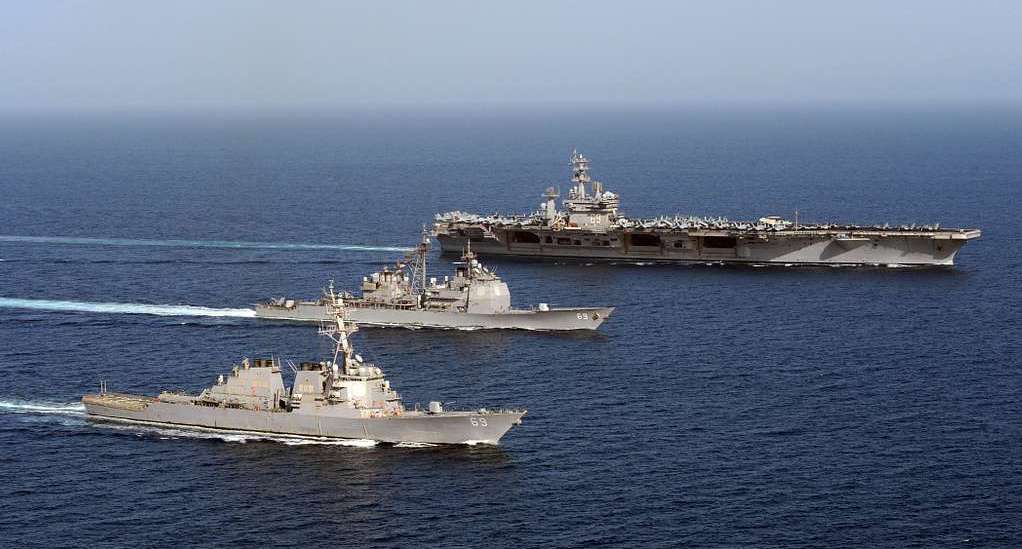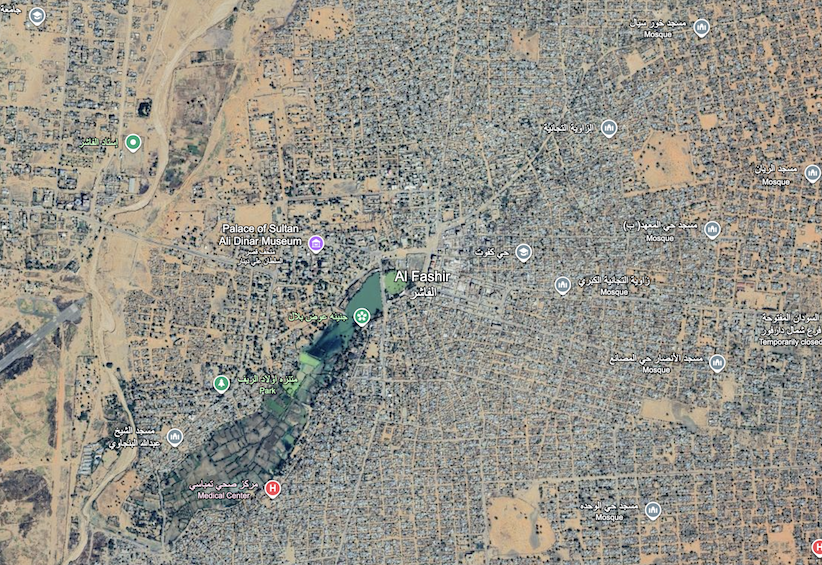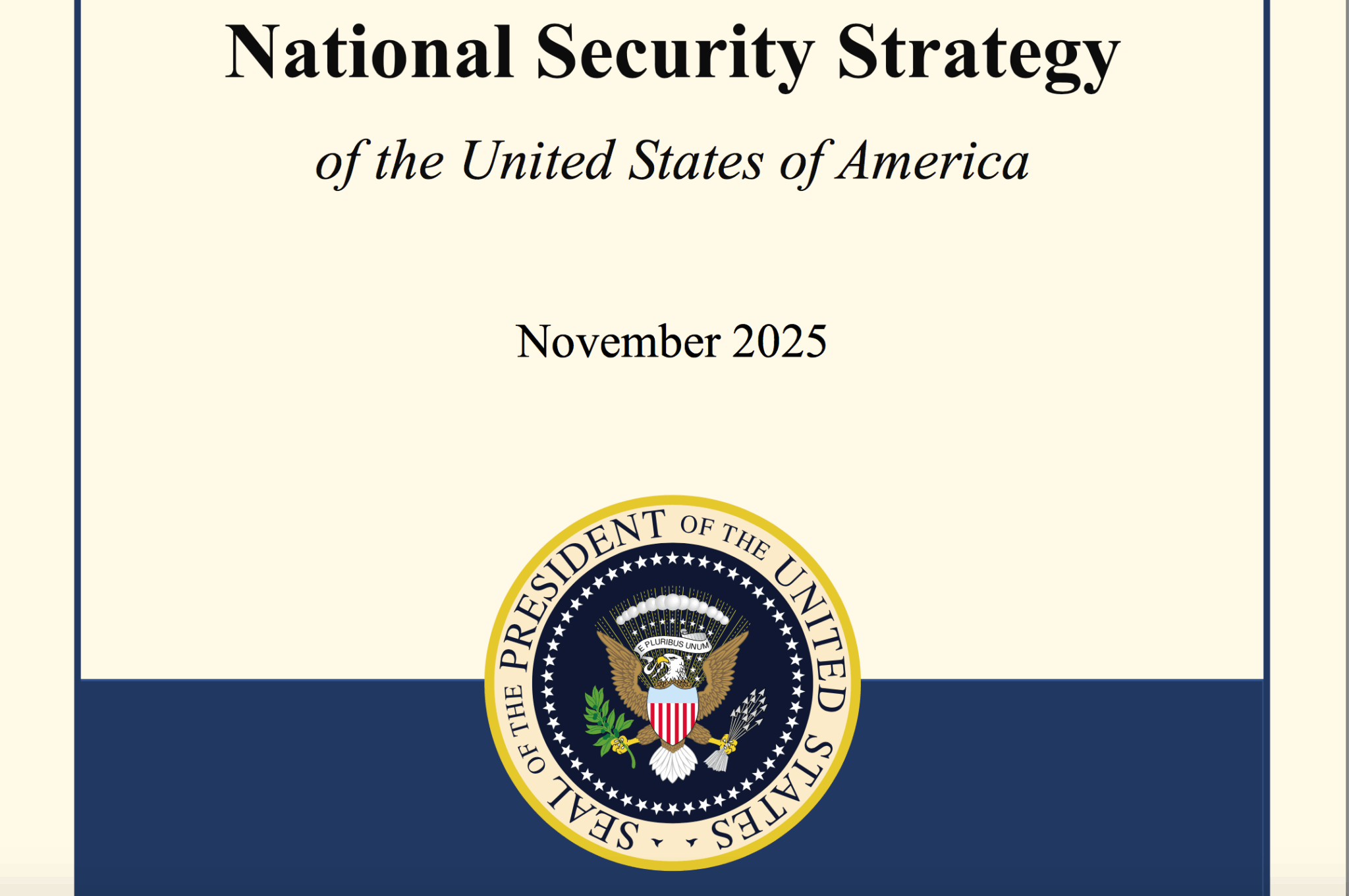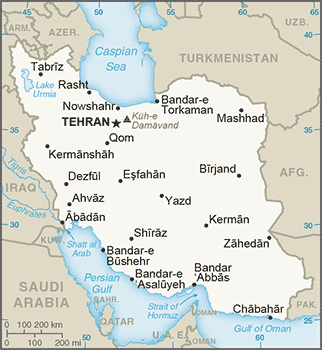
US preparing to strike Iran?
The Trump White House appears close to launching military strikes on Iran. The US is amassing a large strike force in the Middle East, including two aircraft carriers, over a dozen warships, and advanced fighter jets, suggesting preparations for a prolonged war. After first threatening military action in January during a protest crackdown in Iran that killed thousands, US officials now say a decision could come within days or weeks, depending on the outcome of now-stalled negotiations over Iran’s uranium enrichment and missile development programs. Israeli Prime Minister Benjamin Netanyahu has said any deal must dismantle both programs. Iran’s leaders may view forfeiting these means of deterrenceagainst foreign intervention as more dangerous than a war. (Map: PCL)



